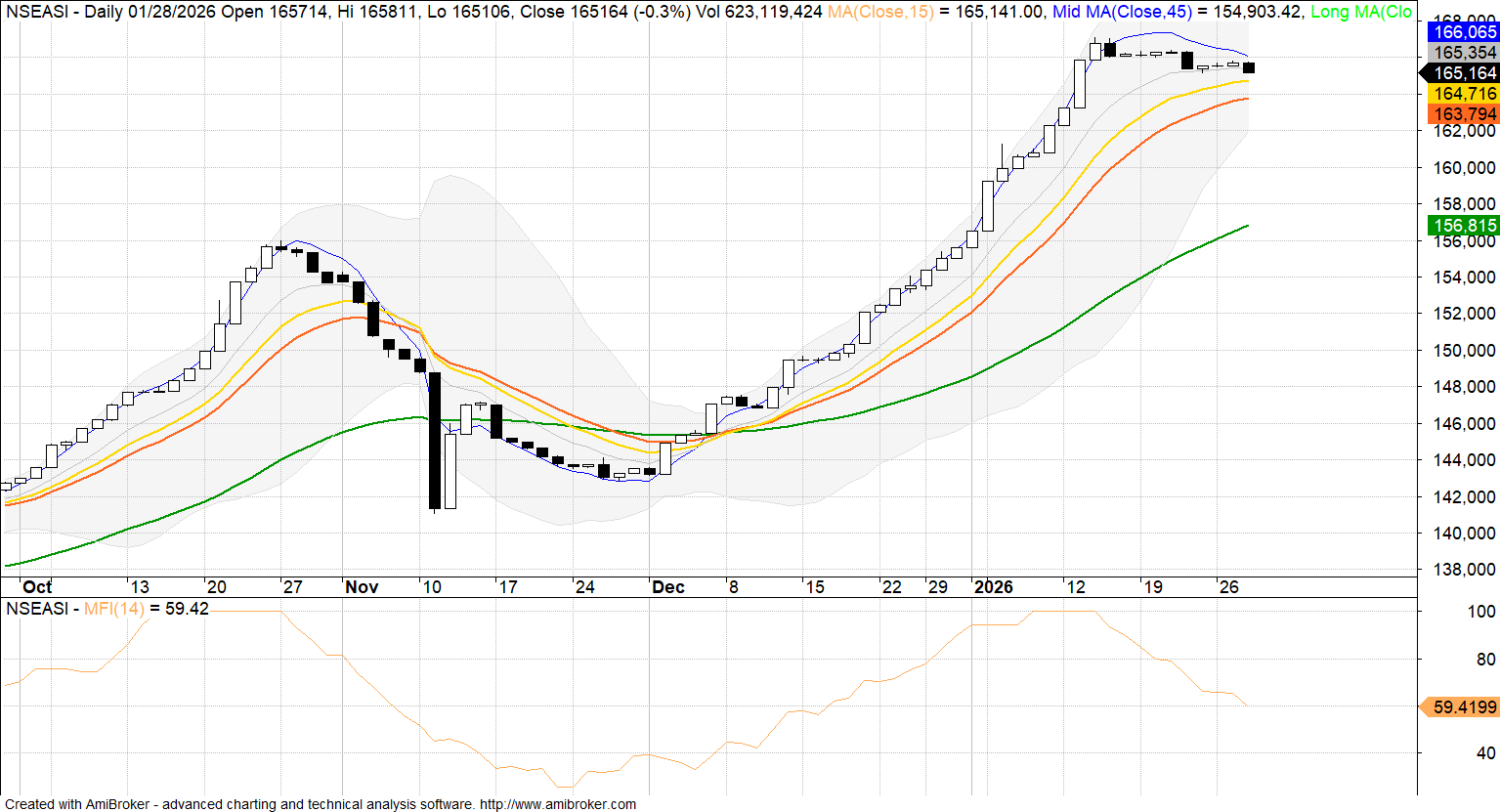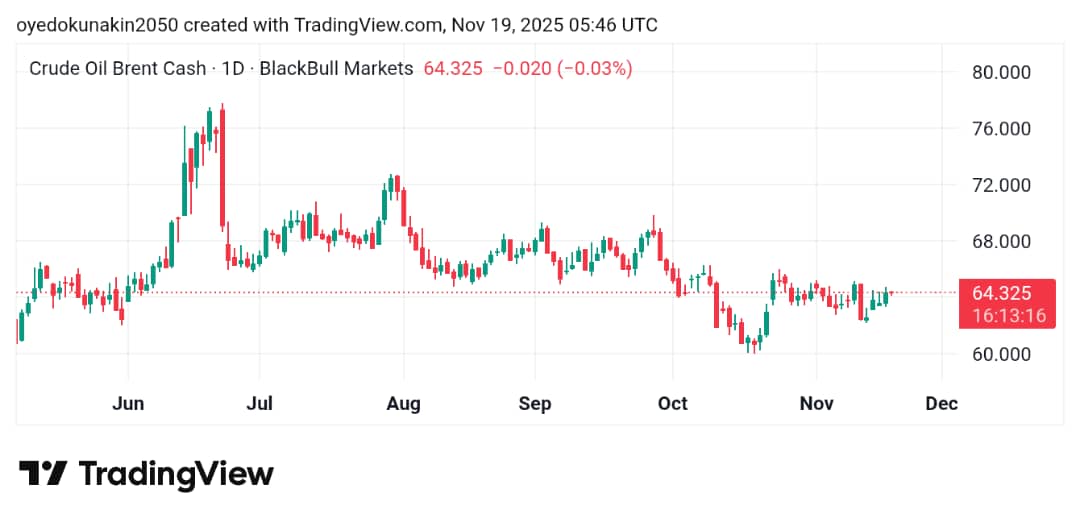
Akintunde Oyedokun
Research Analyst
Oil prices fell on Tuesday as seasonal demand waned ahead of September’s end to the summer driving season and traders awaited U.S. inventory data. Brent crude settled at $66.12 per barrel, down 0.77%, while WTI dropped 1.24% to $63.17. Analysts cited weaker diesel consumption and forecasts from OPEC and the EIA showing higher global production in coming years, though U.S. output is expected to dip in 2026. Market sentiment was also influenced by U.S.–China trade developments and an upcoming Trump–Putin meeting that could affect Russian oil sanctions.
German Investor Confidence Plunges Amid Trade Deal Disappointment, Weak Q2 Growth
German investor morale fell sharply in August, with the ZEW economic sentiment index dropping to 34.7 from July’s 52.7, far below expectations. Analysts cite widespread disappointment over the EU–U.S. trade deal and Germany’s 0.1% economic contraction in Q2. The chemical, pharmaceutical, mechanical engineering, metal, and automotive sectors were hit hardest. While the trade pact eased uncertainty, it left high tariffs in place for key goods, dampening optimism. Economists expect conditions to remain tough for the rest of the year, though government investment plans may support a late recovery.
U.S. July Budget Deficit Jumps 19% to $291B Despite Tariff Revenue Surge
The U.S. budget deficit rose 19% in July to $291 billion, driven by record monthly spending that outpaced revenue growth, the Treasury Department reported. Customs duty collections surged to $27.7 billion from $7.1 billion a year earlier due to higher tariffs under President Trump, yet rising healthcare, Social Security, and debt interest costs offset the gains. For the first 10 months of fiscal 2025, the deficit reached $1.63 trillion, up 7% from last year, with both receipts and outlays hitting record highs.
South Africa Jobless Rate Climbs To 33.2%, Second Quarterly Rise
South Africa’s unemployment rate rose to 33.2% in the second quarter from 32.9% in the first, marking the second consecutive quarterly increase and one of the highest rates globally. Official data shows 8.37 million people were jobless between April and June, with six of 10 industries shedding jobs, led by community services, agriculture, and finance. The year-old coalition government, formed after the ANC lost its majority in 2024, has struggled to curb unemployment despite prioritising job creation.
Nigeria Tops OPEC Quota Again with 1.507mbpd In July
Nigeria produced an average of 1.507 million barrels per day (bpd) in July 2025, slightly higher than June’s 1.505 million bpd and above OPEC’s target for the second straight month, the group’s latest report shows. The output, confirmed through direct communication with Nigerian authorities, keeps Nigeria ahead of Algeria as Africa’s leading oil producer.
OPEC projects a sharp drop in global inventories next year without more supply from its members. Nigeria’s oil regulator reported production above 1.8 million bpd in July, citing improved security, while NNPCL noted higher gas output but lower crude and condensate sales in June.












